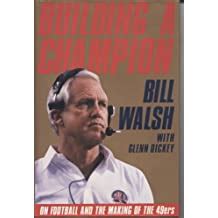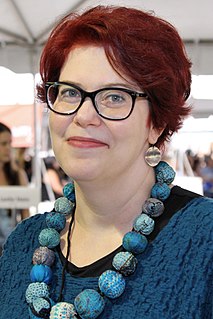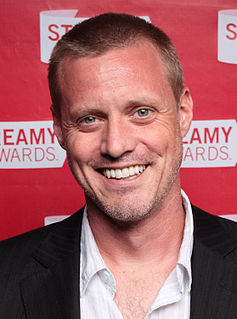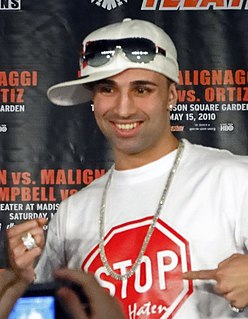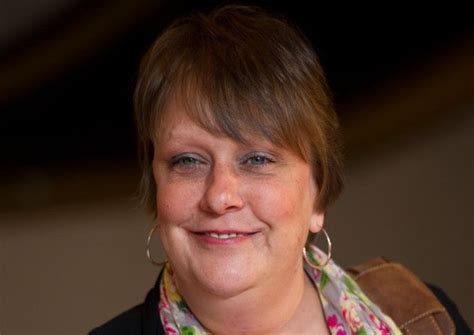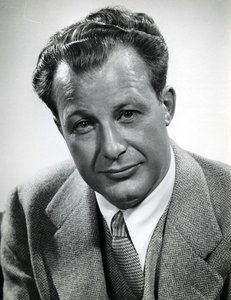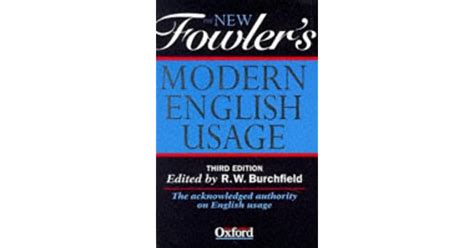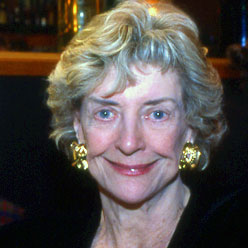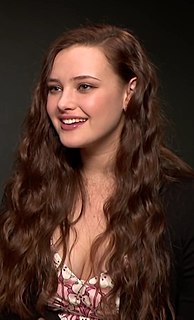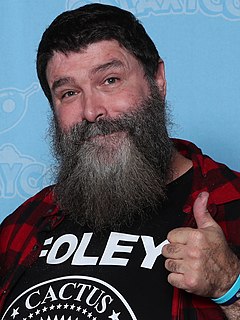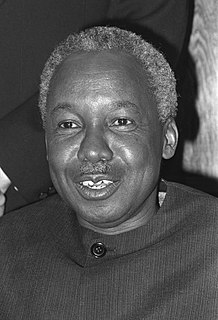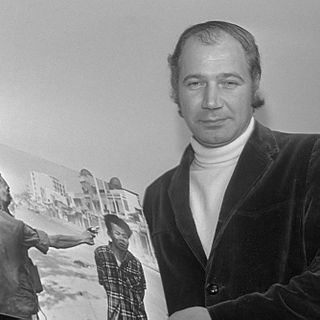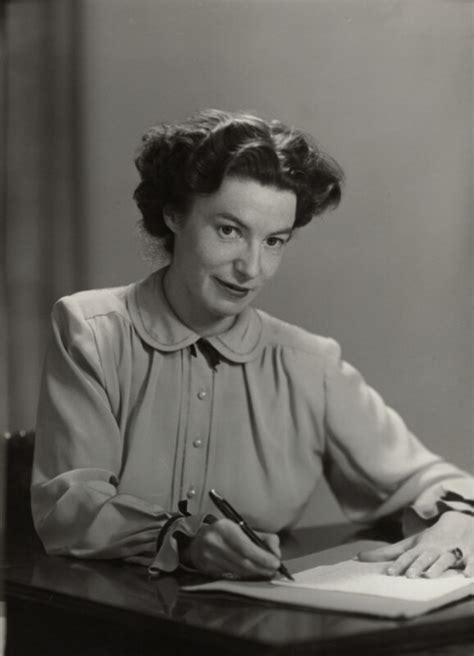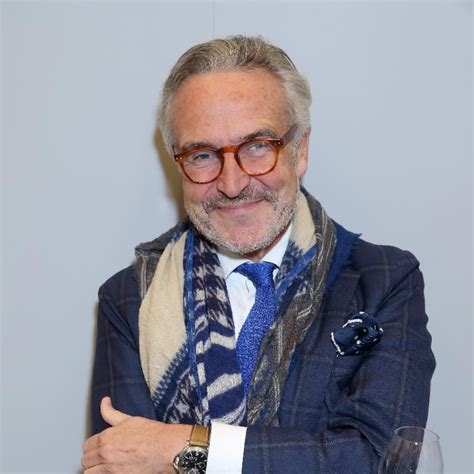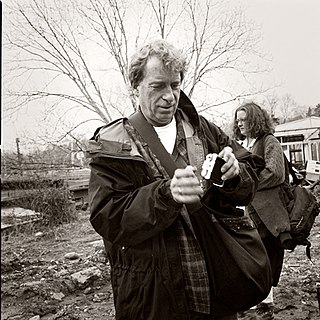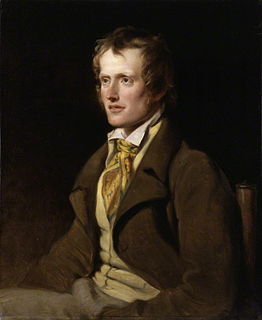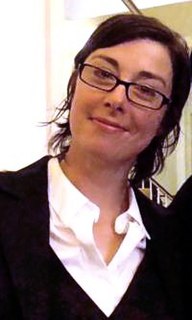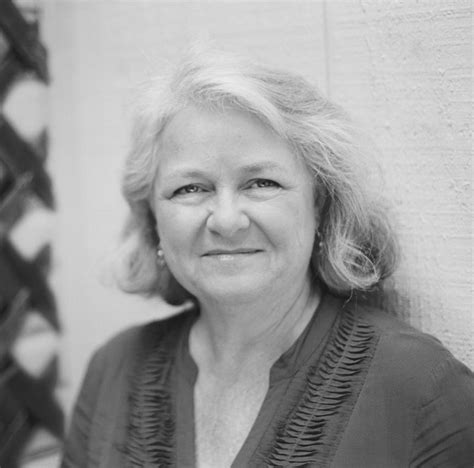Top 56 Commas Quotes & Sayings
Explore popular Commas quotes.
Last updated on November 22, 2024.
Onstage it was always comfortable for me because that's where I felt at home. Offstage it was a different situation. I was still shy offstage and unfortunately, my shyness and my inability to communicate and really have great conversations or be part of the gang - in inverted commas - led me to the drug addiction, which, you know, blighted my life for 16 years because I thought by doing that it would make me join in.
What makes a good editor is staying the hell out of the way as much as possible. ... If you're a DC or Marvel or Dark Horse or BOOM! editor who's assigning work, then if you did your job properly to begin with, then the people you've hired can be trusted to do what they do without excessive meddling. The ideal situation you're shooting for as an editor is to groom a collaborative creative team to the point where their work sails effortlessly through production and the most you have to do is fix the spelling and the commas.
Okay, let’s put it this way. I would like to sleep with you. But it’s alright if I don’t sleep with you. What I’m saying is I’d like to be as fair as possible. I don’t want to force anything on anybody, any more than I’d want anything forced on me. It’s enough that I feel your presence or see your commas swirling around me.
When I'm writing a play I hear it like music. I use the same indications that a composer does for duration. There's a difference, I tell my students, between a semi-colon and a period. A difference in duration. And we have all these wonderful things, we use commas and underlining and all the wonderful punctuation things we can use in the same way a composer uses them in music. And we can indicate, as specifically as a composer, the way we want our piece to sound.
Read him slowly, dear girl, you must read Kipling slowly. Watch carefully where the commas fall so you can discover the natural pauses. He is a writer who used pen and ink. He looked up from the page a lot, I believe, stared through his window and listened to birds, as most writers who are alone do. Some do not know the names of birds, though he did. Your eye is too quick and North American. Think about the speed of his pen. What an appalling, barnacled old first paragraph it is otherwise.
I don't like the way question marks look. They're really ugly. They look like blots. At some other point in my life, I might have disliked them because I never knew how to properly apply them. Also commas, and whether they were outside the quote or inside the quote - that all seemed like an unnecessary pain in the ass.
In the learned journal, in the influential newspaper, I discern no form; only some irresponsible shadow; oftener some monied corporation, or some dangler, who hopes, in the mask and robes of his paragraph, to pass for somebody. But through every clause and part of speech of the right book I meet the eyes of the most determined men; his force and terror inundate every word: the commas and dashes are alive; so that the writing is athletic and nimble,--can go far and live long.
I remember one English teacher in the eighth grade, Florence Schrack, whose husband also taught at the high school. I thought what she said made sense, and she parsed sentences on the blackboard and gave me, I'd like to think, some sense of English grammar and that there is a grammar, that those commas serve a purpose and that a sentence has a logic, that you can break it down. I've tried not to forget those lessons, and to treat the English language with respect as a kind of intricate tool.
A dependent clause (a sentence fragment set off by commas, dontcha know) helps you explore your story by moving you deeper into the sentence. It allows you to stop and think harder about what you've already written. Often the story you're looking for is inside the sentence. The dependent clause helps you uncover it.
FAQ regarding my book were not about my use of commas or how the images went berserk, but about the political situation in Bosnia, about guilt and shame, about victims and perpetrators, about reasons, arguments and beliefs that led to the conflict in the first place, etc. All of this needed and still needs answering and ongoing discussions, but I mostly felt overwhelmed and unqualified to articulate anything worth more than personal experiences of the siege, of fear and refuge - all the things which I wrote about anyway.
What I had thought were signs of a broken educational system - the seemingly random placement of commas, the spastic syntax, the obnoxious overuse of quotation marks, the goofy misspelling of 'Jouralism' - were actually signs of the New Instantaneousness. 'Instant Jouralists' cannot be concerned with punctuation and grammar and spelling. That stuff just 'slows you down.' To be an 'Instant Jouralist,' you have to write as if you were being pursued by a cheetah across the Serengeti.
The commas are the most useful and usable of all the stops. It is highly important to put them in place as you go along. If you try to come back after doing a paragraph and stick them in the various spots that tempt you you will discover that they tend to swarm like minnows into sorts of crevices whose existence you hadn't realized and before you know it the whole long sentence becomes immobilized and lashed up squirming in commas. Better to use them sparingly, and with affection, precisely when the need for each one arises, nicely, by itself.
